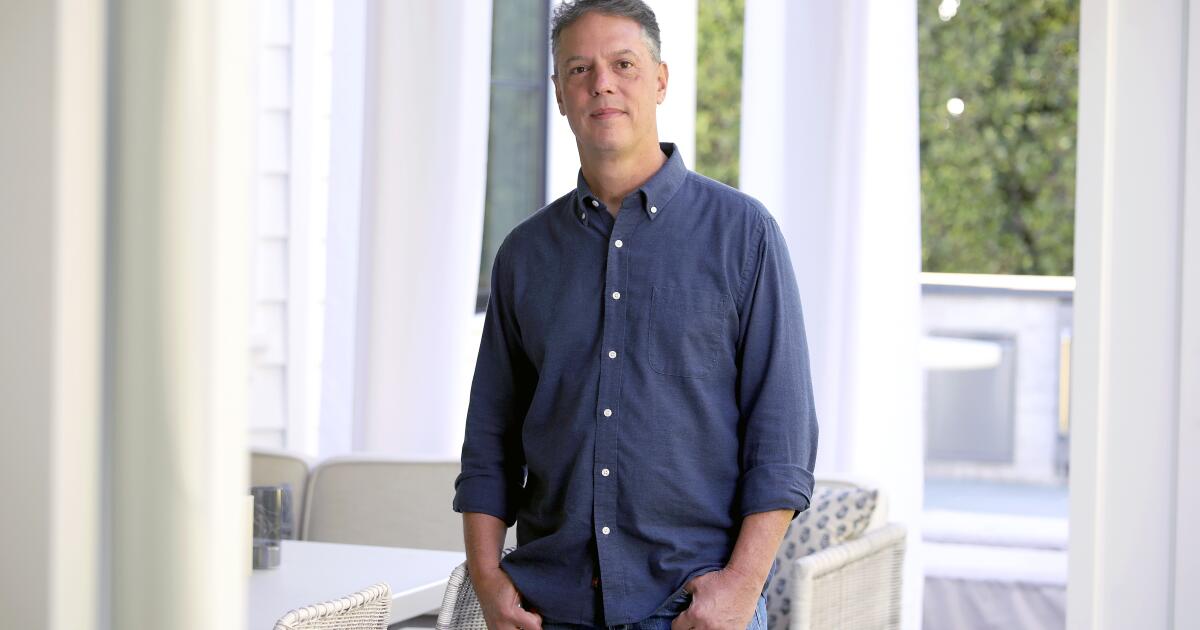Lord of the Flies fans were left less than impressed with the BBC’s adaptation of the classic novel with some viewers even “switching off” just minutes into the thriller.
Lord of the Flies fans are united in their reaction as William Golding’s 1954 masterpiece receives its first television adaptation on BBC One.
Fans of the classic novel have been anticipating the BBC’s interpretation of this survival story, particularly given the screenplay comes from Jack Thorne, co-creator of Adolescence.
Following a plane crash on an uninhabited island, a band of schoolboys must fend for themselves and maintain civilisation, but when Jack (portrayed by Lox Pratt) develops a bloodlust for hunting, order descends into brutality and disorder.
Whilst anticipation ran high for Lord of the Flies’ debut on BBC One, numerous viewers were swift to criticise the programme’s distinctive cinematography.
One person wrote on X, formerly Twitter: “I love the Lord of the Flies book but this filmmaking style is horrific. This is too ‘cinematic’. It’s only bleedin’ TV!”
Another remarked: “Nope. Can’t watch this fish eye lens car crash”, whilst a second viewer agreed: “Something not quite right about this – but gonna give it a chance.”
They added: “Feels off – is it the weird colours, fisheye lenses shots, kid actors or general vibe. Not sure.”
Someone else complained: “Really *not* a fan of the fisheye lens they’re using on Lord Of The Flies and blurred distorted periphery.”
They continued: “Look at me screams the cinematographer – takes you out of the film and gives a surreal disorienting feel we don’t need.”
Another viewer queried: “What’s going on with the camera work, why is the cameraman in the sea? Did someone get a fish eye lens for Christmas?
“Sorry, the BBC’s Lord Of The Flies is proving to be a hot mess”, another viewer remarked.
“Everything from unmotivated shots and cinematography to performances, casting, delivery, music score and tone.
“Could never do justice to the book but was hoping for something more than this.”
One more chimed in: “This is unwatchable, terrible cinematography, someone’s dialled up the ‘Vivid’ filter to 100.”
Additional critics complained the adaptation was “boring” and “awful”, with someone else declaring: “While everyone is raving about Lord of the Flies on BBC, I’m not, I’m switching off…it’s c***.”
However, not all reactions have been negative, with one supporter noting: “Very impressed by the new adaptation of Lord of the Flies so far”, whilst another stated: “Enjoying it so far, what fantastic actors.”
Lord of the Flies comprises four episodes, with each instalment presented through a different character’s viewpoint.
The opening episode unfolded through Piggy’s (David McKenna) perspective as the youngsters adjusted to their island existence, though the episode concluded dramatically with them accidentally starting a devastating blaze that engulfed the surrounding trees.
The question remains: how will the group cope following this traumatising event?
Lord of the Flies airs every Sunday on BBC One and BBC iPlayer.






